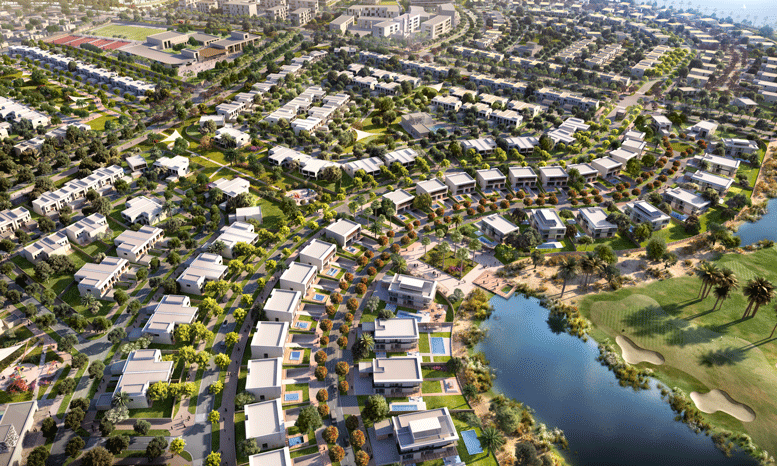The Turner & Townsend new Middle East sustainability report looks to gauge and shape the understanding of sustainability in construction in the region, ahead of Dubai hosting COP28 later in the year.
The data is taken from a survey of a selection of senior stakeholders and decision-makers, across the construction industry in the Middle East, with both strategic and delivery responsibilities.
Sustainable construction: an ever-evolving target
According to the survey, over 70 percent of respondents, including most developers, investors, consultants, and government respondents, are discussing sustainability requirements at the project briefing stage. Although
these considerations are being made from the outset, fewer than half of the survey respondents are continuing to take these considerations from design through to operation.
In addition, the report emphasises the growing importance of regulatory evolution in improving sustainability standards over time.
Whole life cycle assessment
Developers are increasingly considering the wider impacts of construction work in the region, a trend driven by increased awareness and interrogation of Scope 3 emissions – those caused indirectly through a company’s supply chain, rather than directly through its own operations. This is leading to higher rates of life cycle assessment and increased levels of multi-factor decision-making informed by more than just cost.
Expo City in Dubai is an example of a project in the region demonstrating this trend. Our report features an interview with Expo City’s Chief of Sustainability, Matt Brown, as he shares insights on how sustainability lives on at the future-centric city that first hosted Expo 2020 Dubai.
COP28 as a catalyst for regulatory change
Almost 90 percent of respondents felt that government-led carbon targets would help steer businesses towards sustainable practices that are in line with the national policy position. Such
an approach to cascading requirements through a regulatory framework mirrors an
approach that has worked well in other markets, such as the EU and parts of North America.
Our 2023 sustainability survey highlights:
Almost 80 percent of our survey respondents stated their business had not yet set a net-zero
goal – this indicates a slow trajectory of businesses incorporating net-zero targets into their wider strategy.
44 percent of respondents noted their business planned to set net-zero targets within the next 18 months – highlighting the potential impact of COP28 on awareness and objectives.
The majority of respondents believed that there is a lack of awareness regarding the challenges and opportunities related to sustainability, including how to drive the change required in a commercially viable way.
79 percent of respondents felt that governments should set carbon targets for businesses in line with the national policy position.
64 percent of our survey respondents noted that they anticipate the presence of COP28 to impact the sustainability and net-zero ambitions of their business.
The report aims to assess the Middle East construction market’s comprehension of net-zero adoption, investigate how COP28 is anticipated to transform the future of the industry in-region, and understand actions needed now to pave the way for a greener future.
It explains how by valuing sustainability and incorporating green materials, technologies and practices into building plans, our industry can do its part to slow or even help reverse the effects of climate change and positively impact the lives of future generations.
Click here to read the report.




